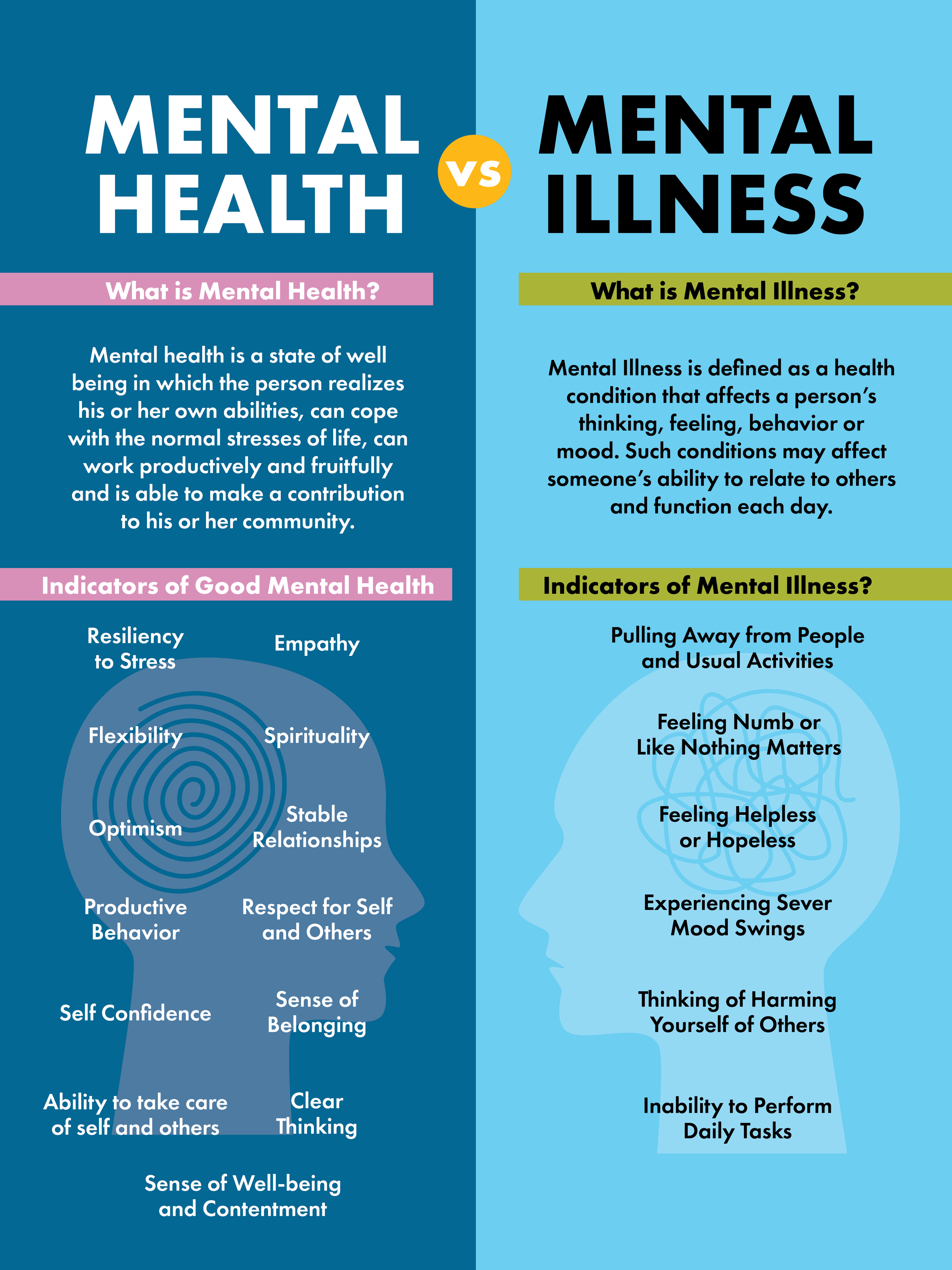Comprehensive Inpatient Mental Health Providers for Effective Treatment
Inpatient psychological health solutions represent a critical part of the healthcare system, providing a organized and extensive setting for people experiencing severe emotional distress. Discovering the nuances of this continuum exposes significant ramifications for both private recovery and wider mental health and wellness outcomes.
Understanding Inpatient Mental Health And Wellness Solutions
Inpatient mental wellness services give crucial support for people experiencing extreme emotional distress that can not be handled properly in an outpatient setup. These solutions are developed to provide an extensive degree of treatment in a structured environment, typically within a hospital or specialized facility. People admitted to inpatient programs commonly show severe symptoms, such as suicidal ideation, extreme clinical depression, or psychosis, requiring continuous monitoring and treatment.
The admission process typically entails an extensive analysis by mental wellness specialists, who review the person's mindset, background, and instant needs. When admitted, individuals take part in a variety of restorative modalities tailored to their certain demands, consisting of medicine management, private treatment, and group sessions. This holistic technique intends to support the patient's problem, promote safety and security, and foster coping abilities.
Inpatient psychological health services not only address instant health problems however also work as a bridge to ongoing care. By giving a controlled setting, these solutions facilitate the development of therapy plans that can be continued in outpatient settings, hence guaranteeing a continuum of care and boosting long-term outcomes for individuals with complicated mental wellness requirements.
Trick Elements of Effective Therapy
Reliable therapy in inpatient mental health and wellness solutions consists of several essential elements that foster recovery and stabilization. An extensive analysis is important to recognize the individual's details requirements and difficulties. This evaluation educates the growth of a customized treatment strategy, which works as a roadmap for treatment.
Another vital component is the multidisciplinary group method. Partnership among psychiatrists, psychologists, nurses, and social workers makes certain that various point of views contribute to the patient's treatment, enhancing the performance of therapy. Evidence-based healing modalities, such as cognitive-behavioral therapy (CBT) and dialectical behavior modification (DBT), are likewise integral, giving structured techniques that attend to maladaptive idea patterns and behavioral issues.

Finally, a concentrate on aftercare planning is crucial to guarantee a smooth shift to outpatient solutions, lessening the danger of regression and advertising long-lasting wellness. These collective elements produce an effective treatment structure within inpatient mental wellness solutions.
Advantages of Comprehensive Treatment

Extensive care in inpatient mental wellness solutions offers many advantages that considerably improve individual end results. One of the main advantages is the all natural technique to treatment, attending to not only the mental signs but additionally the physical, social, and psychological needs of individuals. This extensive assessment permits customized treatments that advertise overall wellness.
Another advantage is the assimilation of multidisciplinary teams, which fosters collaboration among healthcare professionals. This joint atmosphere ensures that people obtain worked with treatment, reducing the danger of fragmented treatment and boosting communication amongst caretakers. Thorough care facilitates continuity of solutions, permitting for smooth shifts from inpatient to outpatient setups, which is critical for lasting recovery.

Last but not least, the organized setting of thorough inpatient treatment supplies a risk-free room for patients to participate in healing tasks, assisting them develop coping strategies and durability. Collectively, these advantages add to more reliable therapy and improved top quality of life for individuals experiencing psychological wellness situations.
Evidence-Based Therapeutic Strategies
In the realm of mental wellness therapy, evidence-based restorative strategies play a critical function in ensuring that patients obtain effective and medically supported treatments. These methods integrate the most effective readily go to this website available research study with medical expertise and person values, cultivating a customized therapy experience that resolves specific demands.
Cognitive Behavior Treatment (CBT) is among the most extensively acknowledged evidence-based techniques, focusing on identifying and altering negative idea patterns and habits. This structured strategy has demonstrated efficacy in treating conditions such as ptsd, clinical depression, and anxiety. Dialectical Habits Treatment (DBT) is particularly reliable for individuals with borderline individuality problem, highlighting the growth of psychological policy and interpersonal efficiency skills.
Additionally, medicine management is typically an integral component of evidence-based therapy, as psychotropic drugs can relieve signs and symptoms and boost general functioning. Collective care models, which include multidisciplinary teams, further improve the effectiveness of inpatient services by ensuring extensive evaluations and continuous tracking.
Inevitably, the combination of evidence-based therapeutic approaches not just promotes favorable professional outcomes however also equips people, cultivating a feeling of firm and durability in their mental wellness journeys.
Transitioning to Outpatient Assistance
The shift from inpatient mental health and wellness services to outpatient assistance marks a crucial phase in a client's recovery trip. This you could try here period requires mindful preparation and control to ensure continuity of care and to alleviate the dangers of relapse or crisis. Effective discharge planning must begin early in the inpatient keep, involving a multidisciplinary group that consists of psychoanalysts, psychologists, nurses, and social employees.
Key elements of an effective transition include the growth of a thorough aftercare strategy tailored to the individual's particular needs. This strategy must detail follow-up appointments, medication monitoring, and therapeutic interventions, as well as recognize neighborhood resources and support system that can assist in recurring recuperation.
Furthermore, client and family members education and learning is essential during this stage. Comprehending the signs of potential obstacles and the relevance of adhering to treatment can equip clients and their assistance systems.
Regular follow-up and review of the outpatient plan are important to deal with advancing obstacles. By fostering a collaborative partnership between outpatient and inpatient carriers, the chance of sustained healing increases, ultimately enhancing the patient's lifestyle and minimizing the risk of readmission.

Verdict
In recap, extensive inpatient mental health services provide a vital structure for dealing with severe emotional distress via a multidisciplinary technique. Ultimately, such thorough care is crucial for lasting mental health and wellness and well-being.
The admission process generally includes a detailed evaluation by psychological health professionals, who evaluate the person's mental state, background, and immediate demands.Reliable treatment in inpatient mental health and wellness services makes up numerous vital parts that promote recuperation and stablizing.Comprehensive treatment in inpatient mental health solutions provides countless advantages that substantially improve person end results.The shift from inpatient mental wellness services to outpatient assistance notes an important phase in an individual's healing trip.In recap, extensive inpatient mental wellness services provide an important structure for dealing with extreme mental distress through a multidisciplinary technique.